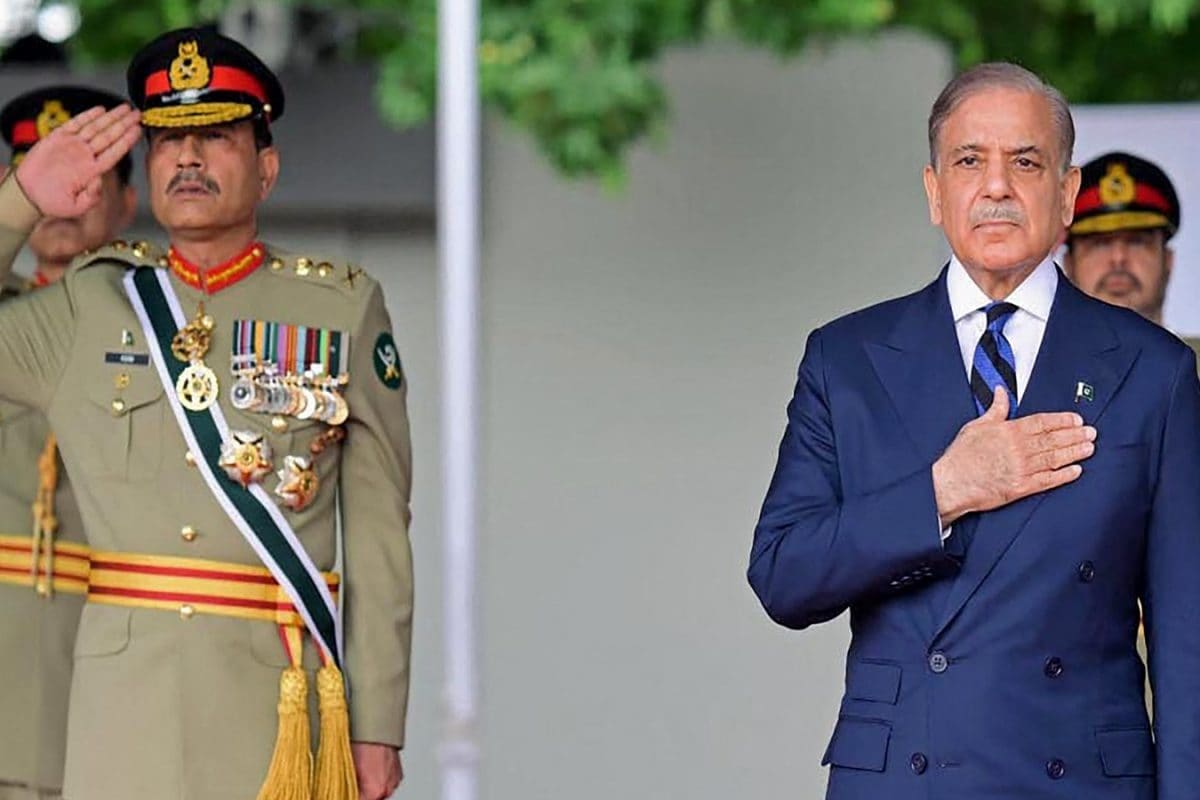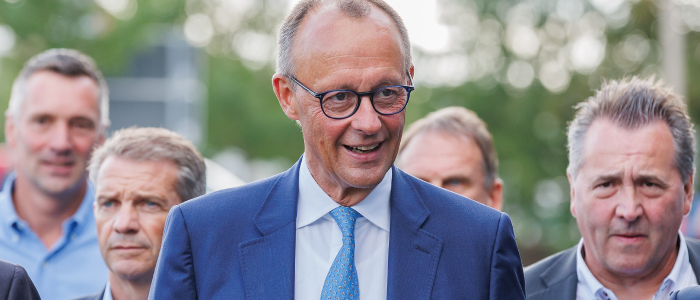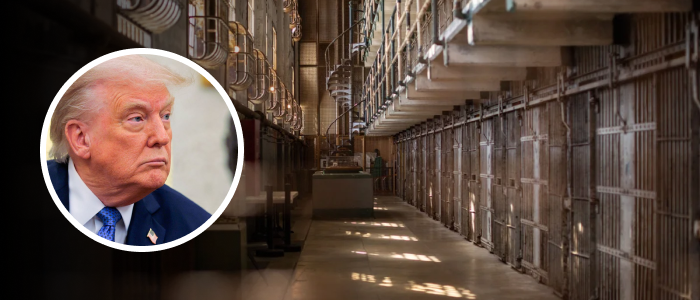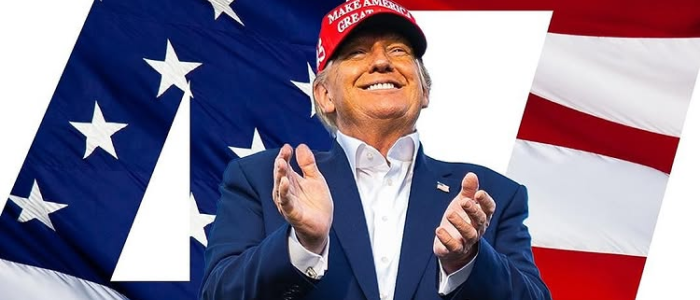Because its resident jihadi groups as well as China have their own agenda Two things are now apparent. First, the jihadi groups that Pakistan created and nurtured for decades to carry out proxy attacks in India, pursuant to its Bhutto doctrine of ‘a thousand-year war’, are now autonomous, with or without official approval. Second, the country that stands to benefit the most from instability and military conflict in the subcontinent is China, which wants to foil Donald Trump and America’s effort to promote India as an alternative to it.
Jihadis have their own timelines and compulsions. They are not known to be concerned about collateral damage, civilian or economic, from their moments of action and glory. And it is evident that of all the times to launch a calculatedly communal attack in Kashmir, that too against civilians, this was certainly not the best from the standpoint of the Pakistani establishment, which is grappling with dire economic and political stress and is pretty much broke too.

Worse still, the massacre of 26 male Hindu tourists in Pahalgam by Pakistani and Pak-trained local jihadis with body-cameras has obvious shocking parallels with the Islamist Hamas terrorists murdering 377 Jewish revellers at a music festival in the desert on October 7, 2023. And information has now emerged that in the run-up to the Pahalgam attacks, Hamas functionaries had been visiting Pakistan in preceding months, pointing to a murderous pan-Islamist compact. A Hamas team visited a Jaish-e-Mohammed facility in Bahawalpur soon after it was opened last month by Pakistan’s Army chief Asim Munir.
As JeM and Lashkar-e-Tayyaba (which claimed responsibility for Pahalgam under its new alias, The Resistance Front and then backtracked) are fostered by Pakistan’s Inter-Services Intelligence, deniability is not plausible. But ISI has acted independently of, if not defied, the civilian government earlier too. When the US Navy SEALs flew in and killed Osama bin Laden in his fortified home in Abbottabad in 2011, Pakistan claimed it was unaware he had been there and had not been informed about the raid beforehand.
Many suspect, though, that ISI knew about Bin Laden’s presence, if not his exact location. This time too, Pakistan’s government can say it had no knowledge of Hamas’ presence or of TRF’s Pahalgam plans, but that would suggest rising irrelevance. However, reports that all jihadi training camps on Pakistani side of the Line of Control (itself now no longer binding thanks to the ‘suspension’ of the 1972 Simla Agreement by Islamabad) have been emptied in anticipation of strikes by India indicates that the Pakistan government knows exactly what goes on there even if terror groups may have become confident enough to decide the timing of their attacks in India on their own.
The government cannot feign ignorance. Positing that jihadi groups are acting on their own gives Pakistan the perfect excuse to wilfully flout or ignore international law now. But the world is in no mood to allow Pakistan to absolve itself of any responsibility for the actions of terror groups operating from within its borders.
India has left the world in no doubt that the Pakistani state is complicit, even if the UN is trying to project a false equivalence between the two countries’ actions once again. Watching all this keenly is China. Propaganda, including communal comments allegedly by Hindu groups as well as videos of supposedly Islamist operatives promising more violence, is probably being instigated by China.
Raising the communal temperature and increased domestic pressure for “decisive action" from both nations will benefit China the most, after all. War would spook companies that are looking at India as a safe, viable alternative to China. The about-Trump of the US from January 2025 has brought Pakistan and China closer under the time-tested theory of “my enemy’s enemy is my friend".
Or, alternatively, “my enemy’s friend is my enemy". So Trump’s warmth towards Prime Minister Narendra Modi and froideur for China’s President Xi Jinping has only intensified the China-Pakistan love-fest. The Pahalgam killings, spoiling US Vice President JD Vance’s trip to India, was an added bonus.
So, it is not at all surprising that Foreign Minister Wang Yi has speedily offered China’s support to Pakistan’s demand for an “independent" probe into India’s allegations about Islamabad’s role in the latest terror attack. He also gratuitously told his Pakistani counterpart that he hoped both subcontinental neighbours “would exercise restraint, move towards each other, and work to de-escalate tensions". China, of course, actually hopes quite the opposite.
Pakistan wants Russian participation too in its dream team for that “independent investigation", but President Vladimir Putin’s strong condemnation of the Pahalgam attack does not portend a very positive response. Perhaps Pakistan hopes Russia will draw on its old friendship with India to water down the incriminatory evidence that a proper probe would reveal. As China and Russia are not on the same page on India, that may well be a pipe dream.
But China has an axe to grind with India. And it has been looking at ways to stanch the imminent exodus of international investors who are unwilling to be caught in Trump’s tariff war with China and see India as an alternative, especially with a favourable trade deal with the US in the offing, as against China’s escalating tit-for-tat with Trump. China would want an India-Pakistan war now, to drain India economically and scare investors away from the region.
Despite an economic slowdown, China has been putting up a face of invincibility so it will not hesitate to provide the requisite financial assistance to cash-strapped Pakistan in the event of war or even a smaller scale conflict. Supplying munitions and technological support would be a no-brainer, as Pakistan’s defence forces already use a lot of Chinese-made weapons. But China can and will think up a myriad additional ways to push India into a chakravyuh of war.
One such way is pushing inflammatory, unverified forwards on social media—already a common problem in India these days. Indians who have been reposting provocative posts, including ones about Pahalgam, are probably unaware of China’s malicious role in manufacturing and pushing such tendentious videos and posting hardline views that stoke both sides into going ahead with ‘kinetic responses’. Strict monitoring of social media right now is crucial.
In any diplomatic face-off at the UN on Pahalgam, China will bat for Pakistan, as before. The Haqqani Network, LeT, JeM became proscribed terror entities under UNSC Resolution 1267 (1999) that also includes Al Qaeda, ISIS and associated entities; JeM founder Masood Azhar (released by India in return for IC-814 hostages) and LeT chief Hafiz Saeed were also listed as global terrorists. But China has thwarted India’s efforts to get more names on the list.
Between the jihadis that it cannot really control any more, an Army chief who has been nicknamed ‘Mulla Munir’ by the Indian media, and an empty treasury, the civilian government of Pakistan has no real option but to kowtow to China and hope that it will scale up its military and financial support. More so because with Trump 2.0 bringing in a slew of pro-Indian officials and the dismantling of Pak-friendly Deep State networks, Pakistan has lost a crucial old ally.
Having wriggled out of the restrictive FATF ‘grey list’ of countries involved in terror funding and money laundering, thanks to the Biden Administration in 2022, Pakistan would be nervous of any new probe as its ongoing links to terrorists would become evident. Clearly, with India putting the Indus Waters Treaty in abeyance, jihadis becoming hard to handle and China heading a shrinking list of friends, it will be a long, hot—and very dry—summer for Pakistan. The author is a freelance writer.
Views expressed in the above piece are personal and solely those of the author. They do not necessarily reflect News18’s views..
Politics

Opinion | Why Pakistan Is Between A Rock And A Hard Place

Because its resident jihadi groups as well as China have their own agenda















